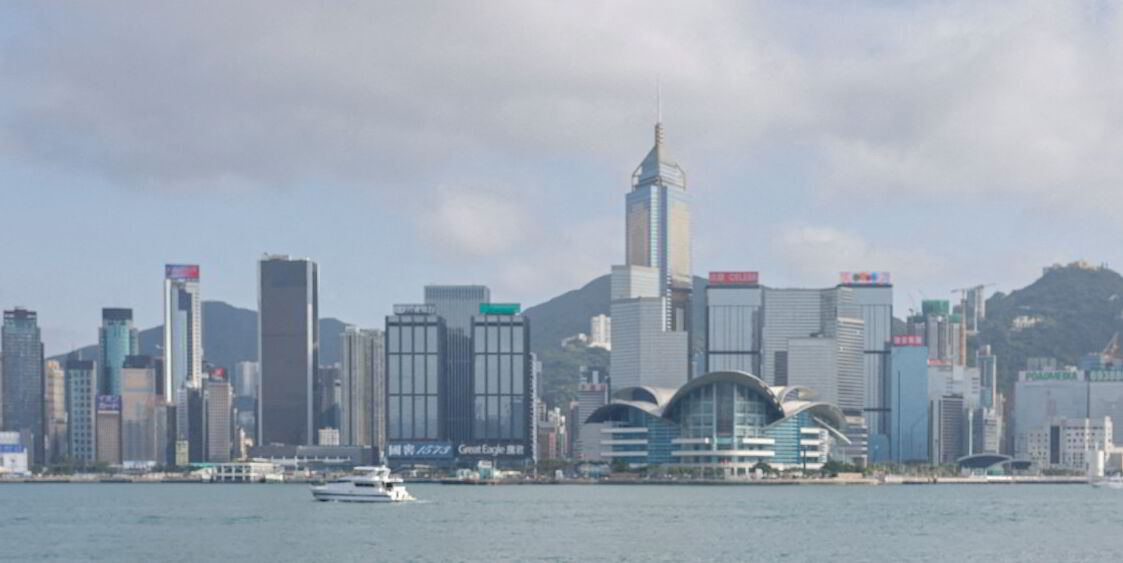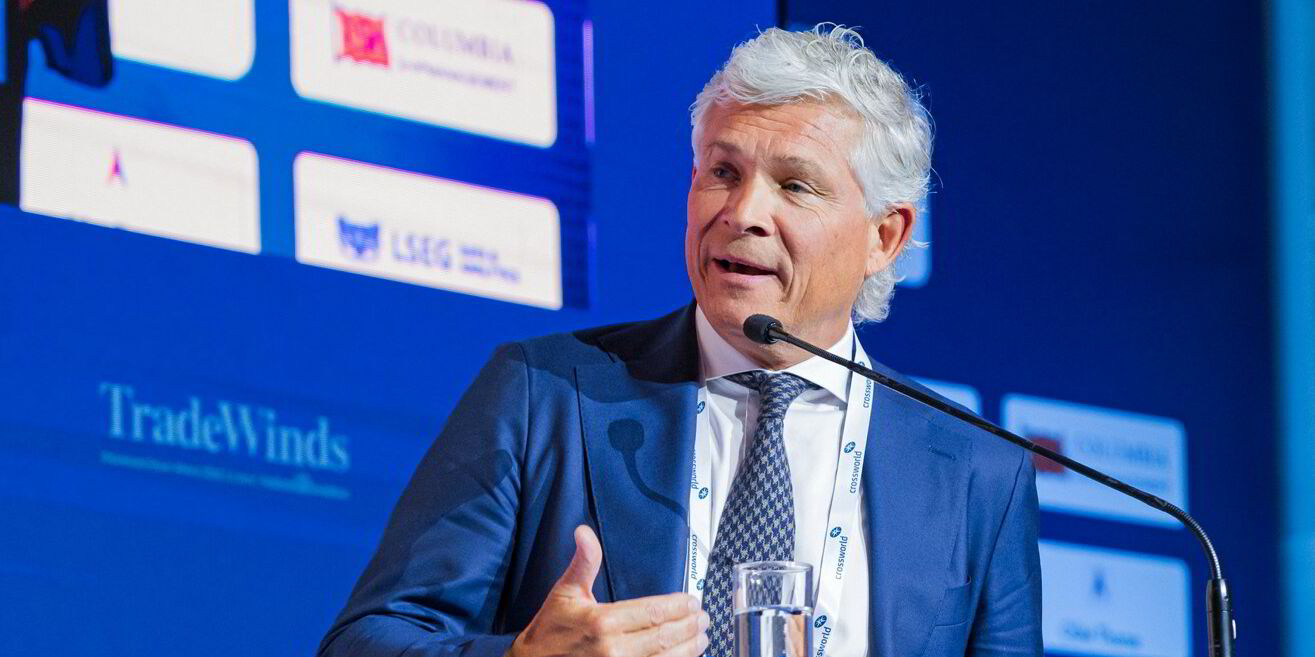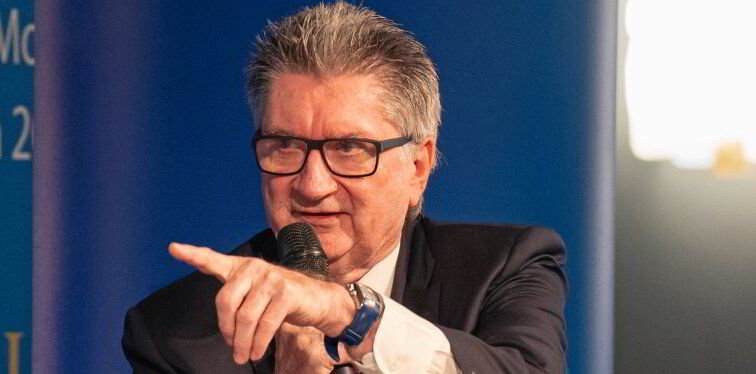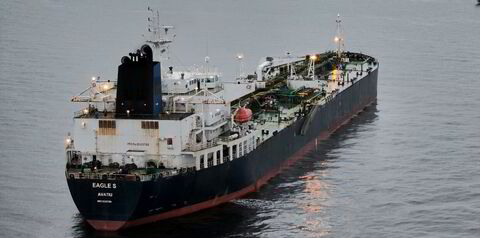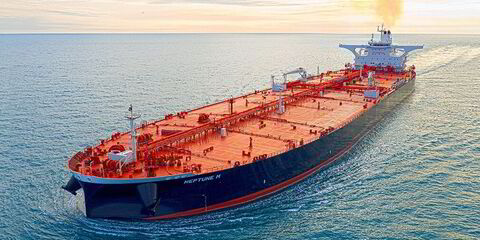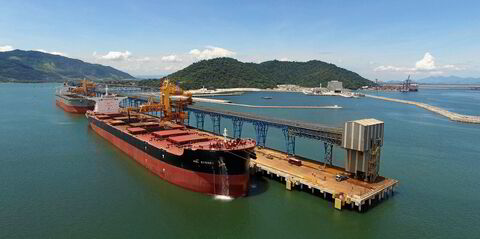Hong Kong has become vital to Russia’s efforts to evade sanctions by providing a “safe haven” for blacklisted shipowners to operate beyond the reach of Western regulators, according to a report.
Seven Russian shipping companies — including three under Western sanctions — have Hong Kong subsidiaries that control 31 vessels, according to Beneath the Harbor: Hong Kong’s Leading Role in Sanctions Evasion.
Russian companies with interests in Hong Kong include blacklisted shipowners Fesco transport group and state oil carrier Sovcomflot, which set up subsidiaries after the invasion of Ukraine in February 2022, says the report.
That suggests the two companies “may be seeking to use Hong Kong as a safe haven for avoiding potentially tightening sanctions”.
China does not recognise unilateral sanctions and the region’s chief executive, John Lee, said in October 2022 that Hong Kong would not enforce global sanctions against Moscow.
The comments gave the green light to “illicit operators to set up shop in the city”, said the report by the Committee for Freedom in Hong Kong Foundation.
“Many have done so, from Russian tanker owners to Iranian exporters of drone technology.”
The report also covers Hong Kong’s role as an operational hub for shipping goods to and from other sanctioned nations, Iran and North Korea.
The report urges Western regulators to blacklist Hong Kong and Chinese banks along with logistics firms, insurers and corporate registry services.
Hong Kong hub
It highlights the shift in global relations, with China getting closer to Russia; Russia building ties with North Korea; and Iran shipping drones to Russia and the Houthis, said the author, lawyer Sam Bickett.
“Those are all a bunch of allies who are working together, but Hong Kong is the hub,” he told a briefing in Washington DC. “So you’ve got other sanctions evaders in the world — but nothing like Hong Kong.”
Eleven vessels connected to Fesco are owned or managed by Hong Kong subsidiaries, according to the report, which uses data supplied by the US Center for Advanced Defense Studies.
Fesco, the shipping and port operator, was formerly controlled by billionaire Ziyavudin Magomedov, who was convicted in 2022 on charges of organised crime and embezzlement and jailed for 19 years.
He denied the charges and is appealing against the ruling, but his company was seized by the Russian state and its shares were transferred to Rosatom, the nuclear power agency.
Rosatom is responsible for the infrastructure of Russia’s Northern Sea Route. Rosatom CEO Alexey Likhachev said last year that Fesco was part of a plan to create the cheapest shipping route between Asia and Europe off Russia’s northern coast.
Fesco said it was subject only to UK sanctions of the Western regimes and that it operated in 10 cities in China. “Fesco operates in China in full compliance with the national legislation … as well as international law,” it said.
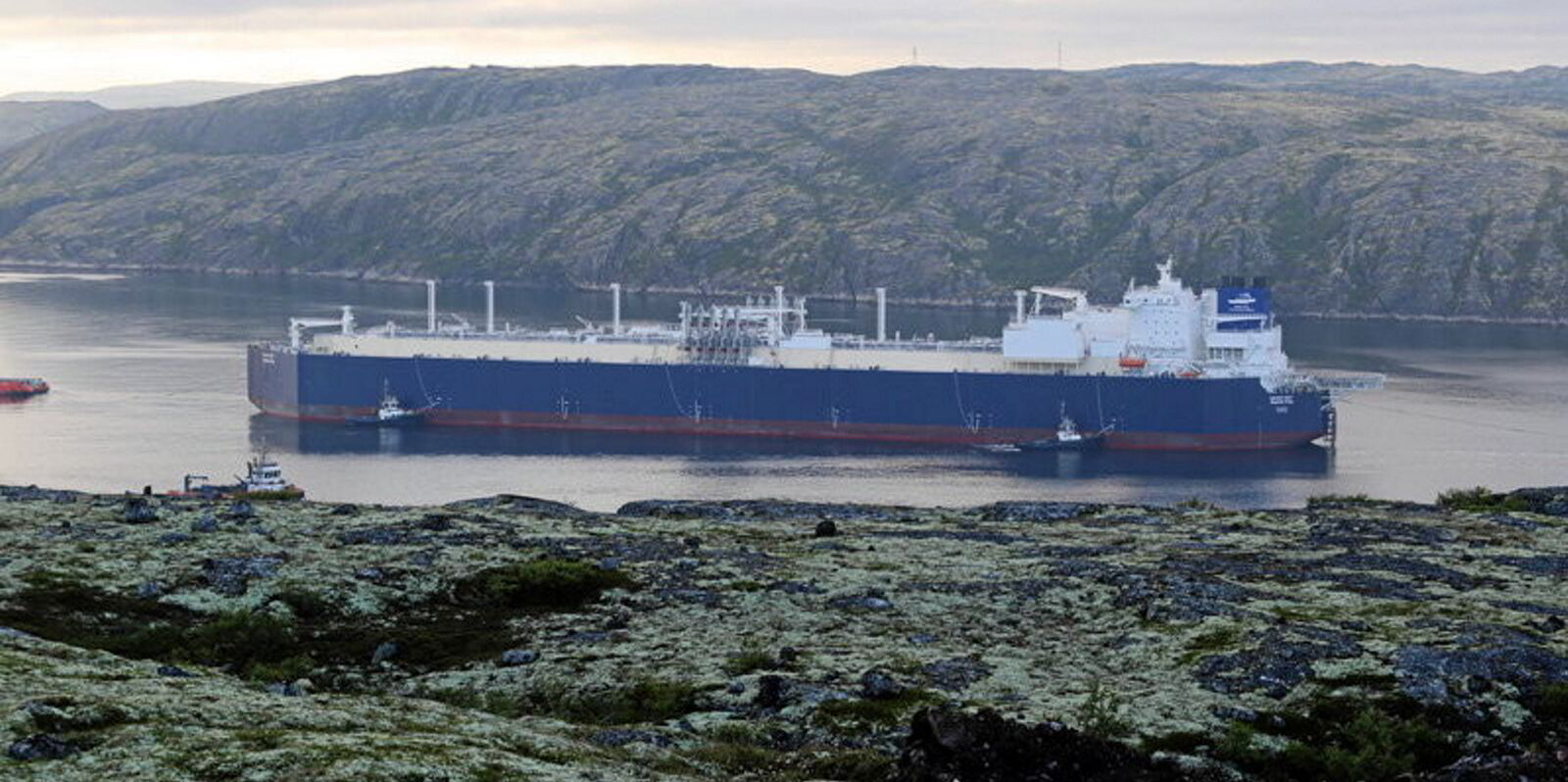
Sovcomflot, Russia’s largest shipping company, has been sanctioned by the European Union, US and UK.
The seven Sovcomflot subsidiaries in Hong Kong own seven oil tankers, according to the report.
None is among the 63 tankers connected to the Russian trade sanctioned by the British, Americans and Europeans since October.
Sanctioned Russian energy company Novatek, which is in charge of the Arctic LNG 2 project, also has a subsidiary in Hong Kong, which was set up in 2002, unrelated to the current geopolitical situation.
The subsidiary owns a giant LNG floating storage unit, the 361,600-cbm Saam FSU (built 2023), which has been blacklisted.
Read more
- Shipowner sanctioned over North Korean coal bound for Russia
- Hong Kong’s Captain Chan buys one of Bahri Chemicals’ older MR2 tankers
- Chinese VLCC giant braces for falling profit
- DryDel doubles its money on bulker in 18 months as owners ‘enticed by persistently firm prices’
- Cheap Chinese steel exports shake Indian shipbreaking market with price hit
